The CEO Pledge
B4SA Donors
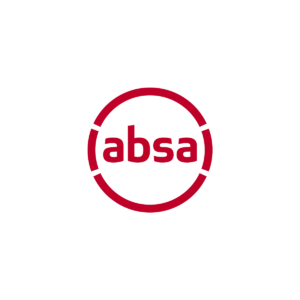
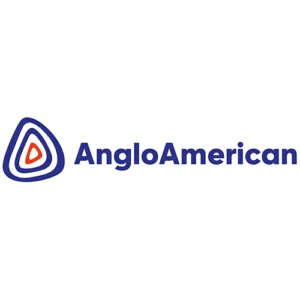
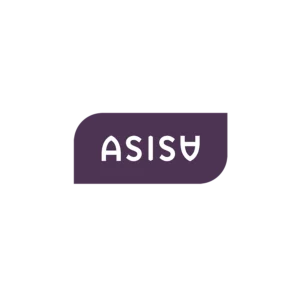
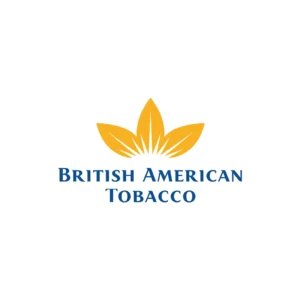

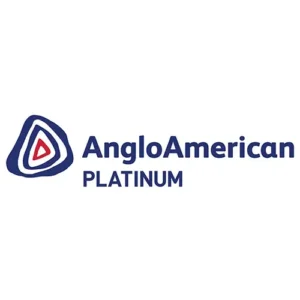


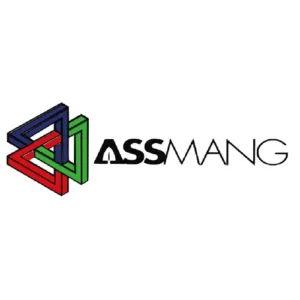





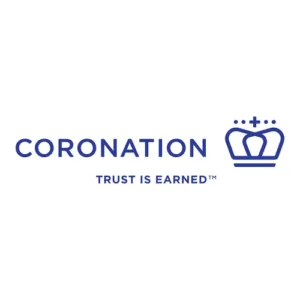


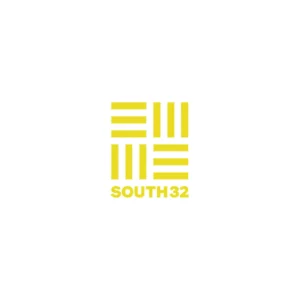










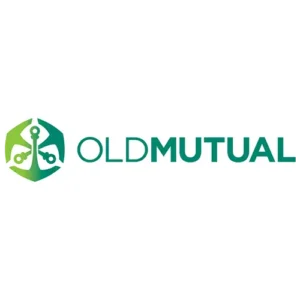







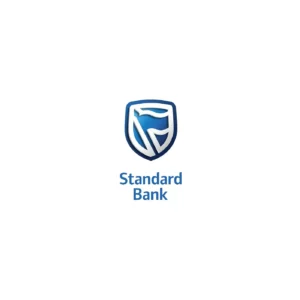

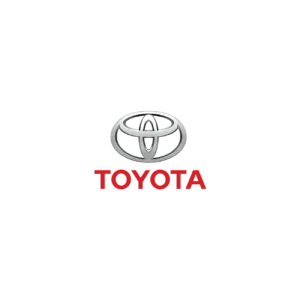

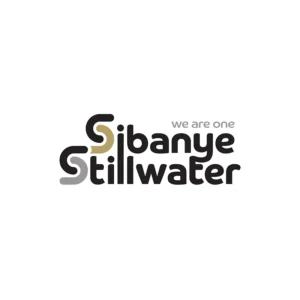






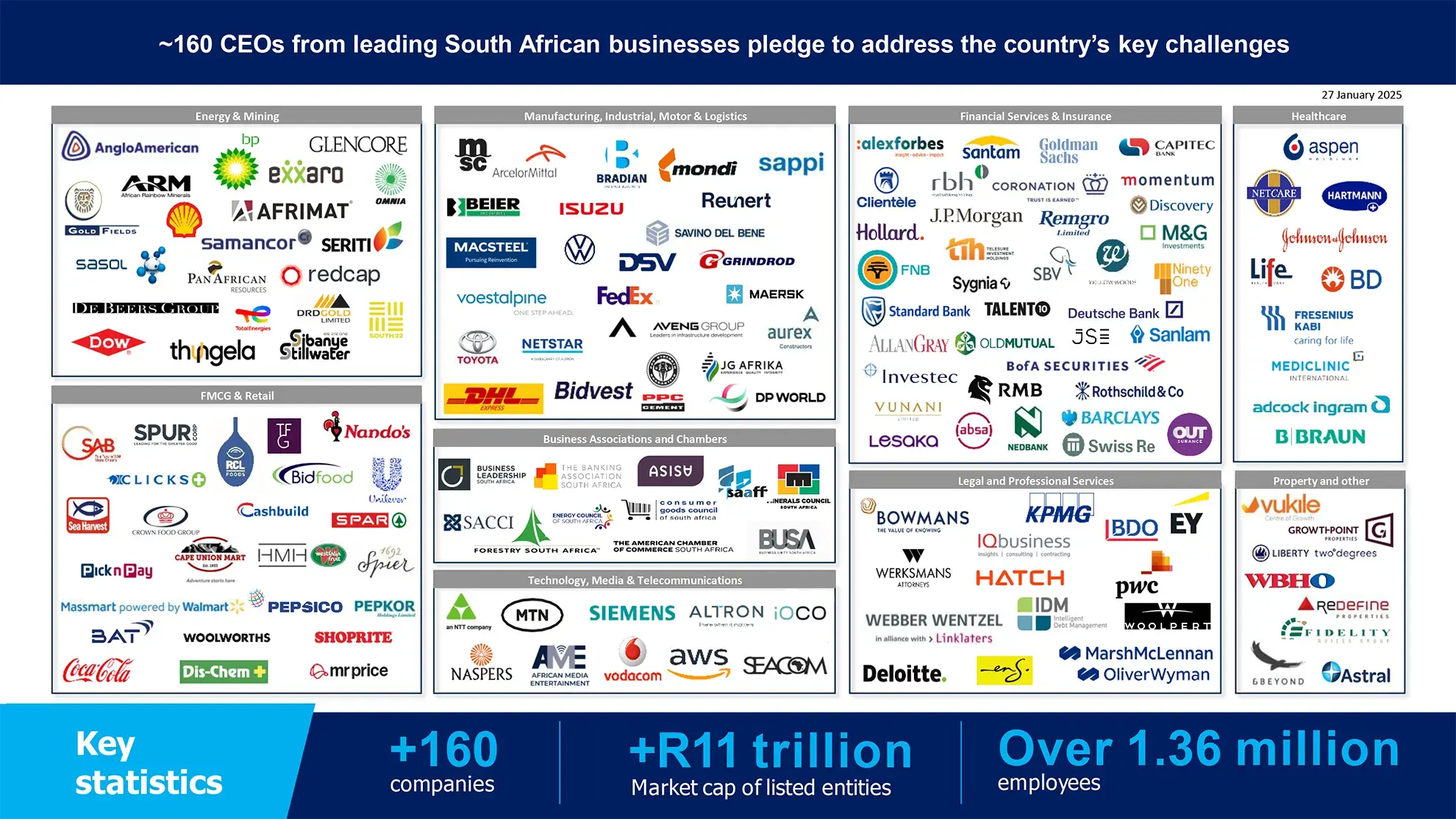
The CEO Pledge
“As South African business leaders, we firmly believe in the immense potential of our country. We are committed to building it and have come together to address the current challenges with the aim of achieving sustainable, inclusive economic growth. Through strategic partnerships and focused interventions, we have the power to make a significant and positive impact on our nation, creating hope for all South Africans. We are resolutely committed to being a force for good”

The CEO Pledge is a bold commitment from over 160 of South Africa’s leading CEOs, who have united to allocate funding, expertise, and resources to support the Government in accelerating structural reforms essential for economic growth and job creation.
B4SA is grateful for the deep commitment, energy, expertise and funding deployed by these CEOs.
By stepping up, business leaders recognise that a growing, stable economy fosters investment, innovation, and opportunity, benefiting businesses, employees, and communities alike.
This collaboration is founded on the belief that by uniting business and government, and changing the narrative, we can drive the transformational change needed to rebuild our economy, create sustainable growth, and secure jobs for the future. Its purpose is also to give hope to South Africans by realising the powerful potential that comes from working together to solve our country’s challenges.
Critically, CEO Pledge signatories are encouraged to contribute resources, funds, or expertise to the partnership.
Through this pledge, CEOs are helping build an economy and country that sustains long-term job creation and shared prosperity.